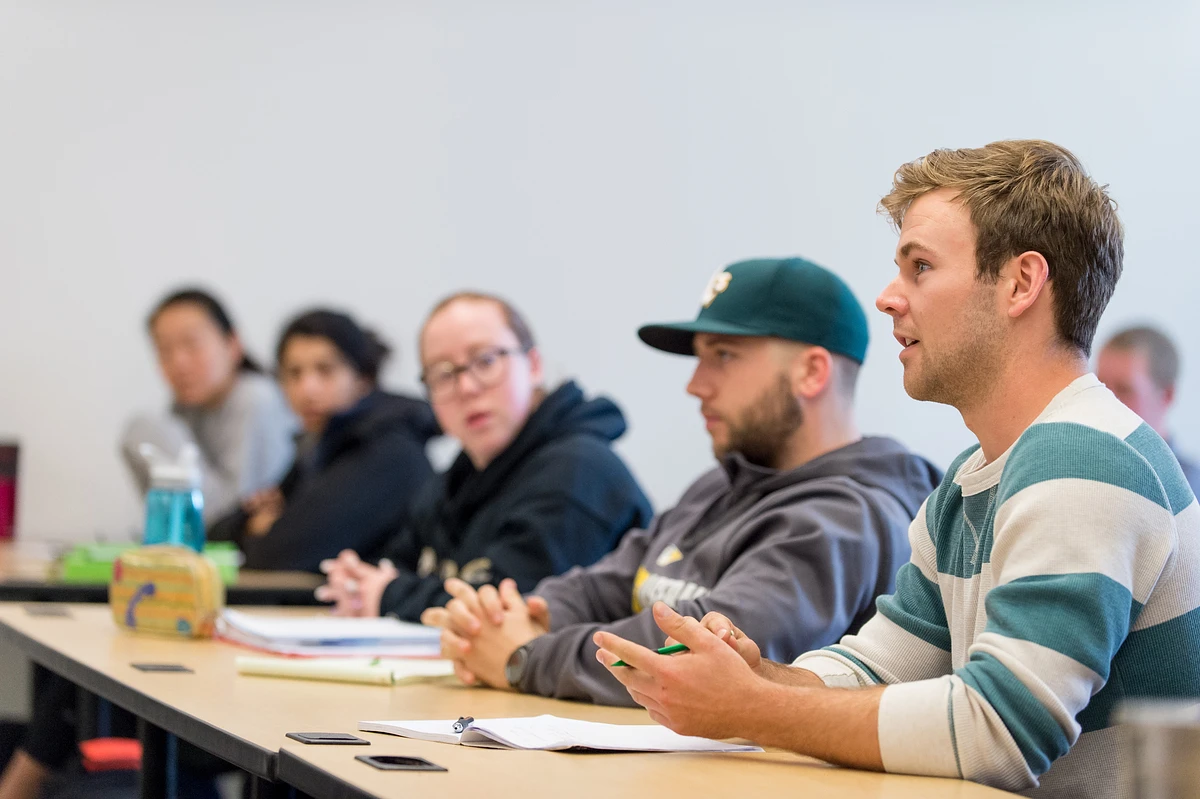By Nicholas McConnell, Academic Assessment Director and Chris Goff, General Education Director and Professor of Mathematics
A pharmacist applies knowledge in chemistry and biology to develop safe and effective medication regimens, and also must understand how to navigate health care systems ethically. An engineer designs structures and systems and must communicate effectively with their team. A singer develops fine-tuned mastery of her voice and also needs to truthfully convey the social contexts of songs she performs.
While each of Pacific’s majors and programs prepares students with a deep knowledge and skill base they will use professionally, we also recognize the critical professional value of cross-disciplinary skills, such as communication and complex problem-solving. Pacific students develop these skills through a combination of courses in their majors and courses in our General Education (GE) program.
Why General Education?
Many students and families question why universities require GE courses, but don’t realize that GE courses will contribute to lifelong success just as much as courses where they master specific professional knowledge.
How? Employers are seeking individuals who can use a broad array of skills and viewpoints to problem-solve independently and grow into leadership roles. The world’s most urgent problems are too complex to solve using a single discipline or branch of knowledge. Recognizing this, GE courses at Pacific are designed to cross disciplinary boundaries and address real-life issues.
General Education at Pacific
All first-year students take the CORE 001 GE course in their first semester at Pacific. In CORE 001, students spend a semester analyzing and creatively exploring a complex issue, such as human migration or free speech in a world of divided opinions.
Throughout the semester, they complete assignments and group projects that build their competence in three major learning areas: problem-solving, information literacy and small-group communication. To analyze and address the topic of their CORE 001 section, students must consider several distinct perspectives in addition to their own. CORE 001 helps students develop the kinds of self-directed and collaborative skills they will need in their further studies and eventually in the profession of their choice.
For example, in history professor Laura Gutierrez’s section of CORE 001, students focused on California's Central Valley and the complex interactions between health, the environment and the needs of agribusiness. Professor Gutierrez also incorporated Wikipedia Classroom into her curriculum, so instead of writing normal research papers, students published articles online. Through the course, students learned how to create and edit Wikipedia pages collaboratively, find and cite relevant high-quality research, and raise awareness of their research topic—all of which are skills that will make them competitive candidates when applying for jobs.
Supporting your student in GE classes
How can you help your Pacific student navigate the GE curriculum? One way is to recognize and reassure your student that GE courses are designed for students from any major—and that any student can ultimately succeed in them, even if the course content or ways of thinking initially seem unfamiliar.
When students navigate and overcome the initial challenge they experience around a new topic, they build resilience for the challenges they will face as professionals, including workforce needs that will shift multiple times over their career. Reminding your student that unexpected challenges present opportunities for growth—and that you believe in them—can inspire some of their best work at Pacific.
If your student has questions about when to take GE courses or how to balance them with their major requirements, they can get help from their academic adviser. If you’re curious about Pacific’s GE areas and learning outcomes, you can learn more on the General Education page on Pacific’s website.
Skip past news feed


